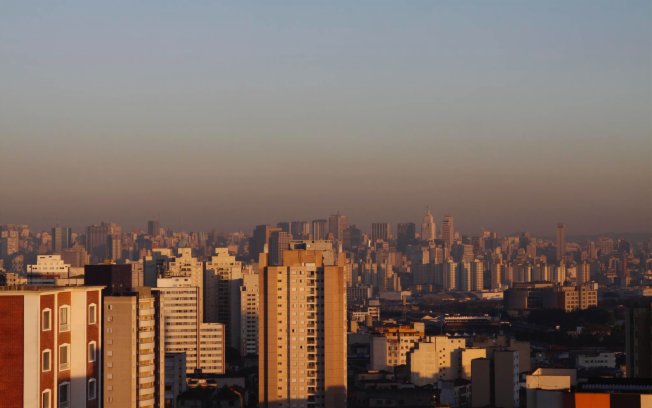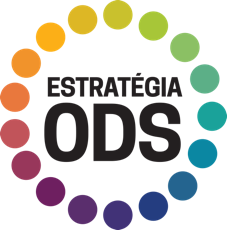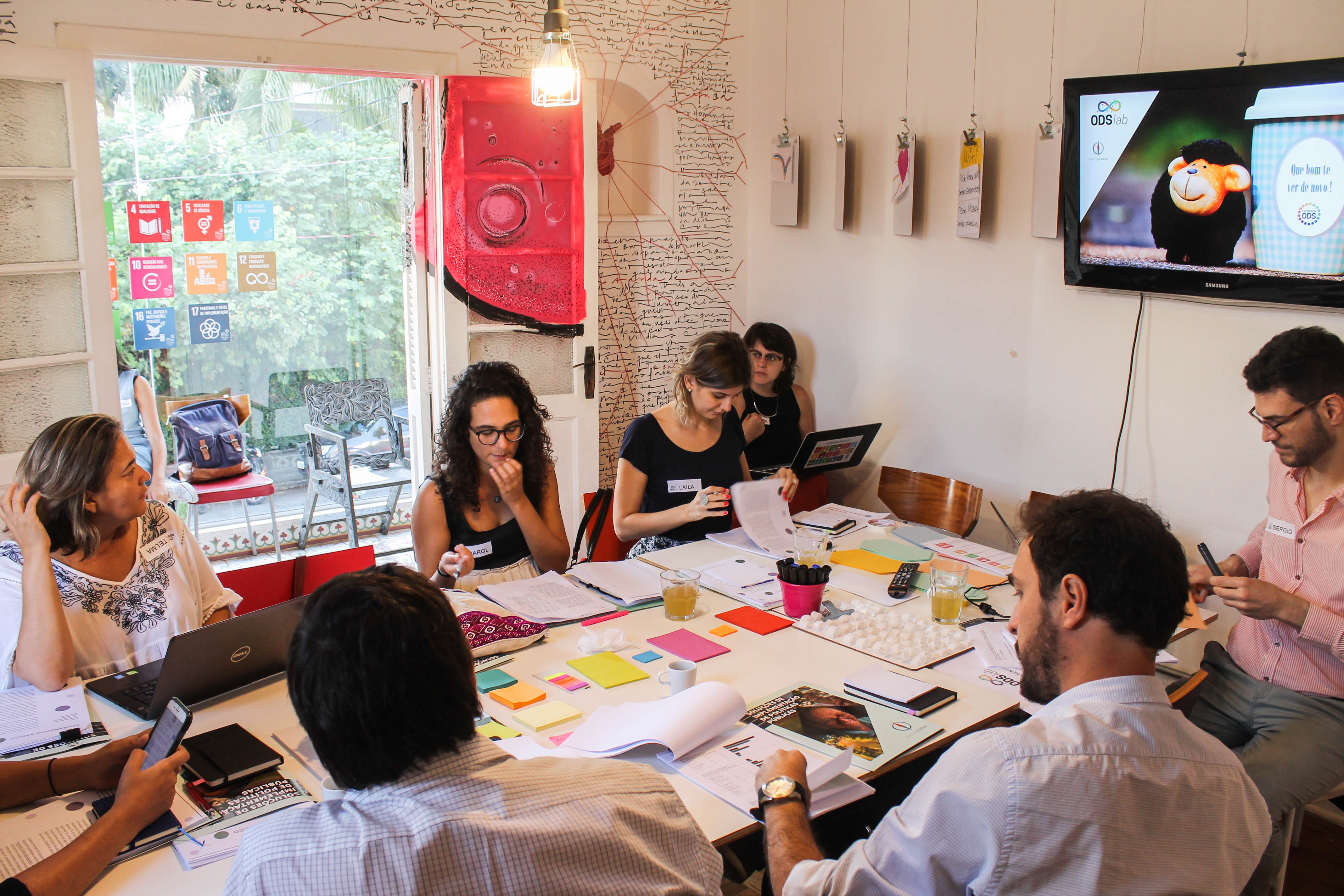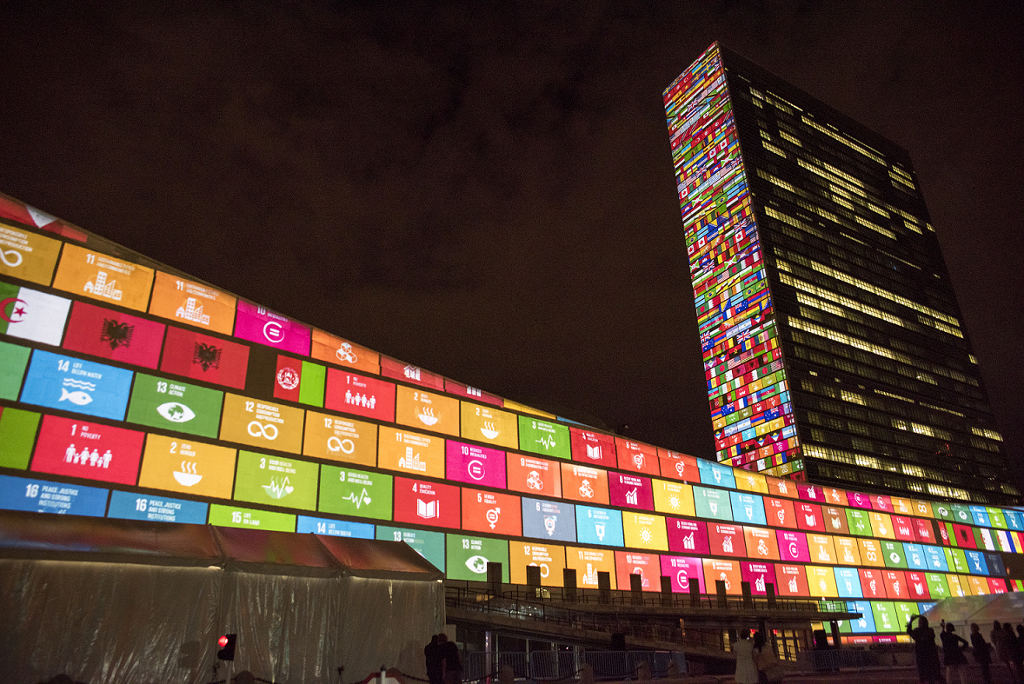Brazil to tackle its ‘wicked problems’ with new SDGlab

By Kelli Rogers
In Brazil, Sustainable Development Goal 17 has taken on new meaning. Brazilian civil society organization Agenda Pública has combined the partnership-minded objective with its own facilitation strategies and change theory to solve the country’s most wicked problems.
Dubbed the SDGlab and founded on the pillars of innovation, collaboration, governance and concrete action, the effort will invite representatives of different sectors of society to sit around a table and cooperate on creating solutions and partnerships to overcome the local challenges that color the implementation of the 2030 Agenda in Brazil.
In February 2017, SDGlab piloted its first three editions in São Paulo, with participation from public institutions, universities, private organizations and civil society.
The first meeting took place in Manaus, the capital of the vast state of the Amazonas and an area that ranks extremely low on transparency among Brazil’s municipalities. How can they make the city more transparent? Agenda Pública invited the Center for Sustainability Studies of the Getúlio Vargas Foundation, the Ethos Institute, cosmetics company Natura, United Nations Development Programme, NGO Muda de Ideia, São Paulo-based Federal University of ABC and Lina Galvani Institute to figure it out together.
Agenda Pública hopes to involve an increased number of local groups in the future, but already the lab has learned a few things about what it takes to facilitate a successful multi-sector conversation that will — hopefully — result in concrete action and partnership. Devex caught up with Mariana Noronha, Agenda Pública resource mobilization coordinator, and Flavia Pellegrino, the group’s advocacy coordinator, to find out more about their facilitation strategy.
1. Don’t bring the problem, bring the facts
“What we bring is not the problem itself, but the information that subsidizes the decision to which problem you’re going to treat,” Noronha said.
Working with real problems and trying to find the most suitable solution by engaging with different sectors is the foundation of the lab, she explained. But it’s equally important to present evidence rather than a perfectly packaged “problem” to those participating in one of the lab’s sessions.
In the case of Manaus, Agenda Pública first presented SDGlab participants with the indicators for transparency for the municipality — which are considered very unsatisfactory — before beginning any brainstorming. Poor transparency is a problem, but it might not be the exact wicked problem the group chooses to solve.
Leaving that decision up to the group is key, according to Pellegrino, as is involving a professional facilitator in the meetings.
SDGlab meetings are convened by an Agenda Pública professional with experience in facilitation. This person’s role is to help the group work toward successful ideas while reminding participants of the definition of wicked problems: Dynamic issues highly resistant to resolution that require broader, collaborative and innovative approaches and maybe even policy change or adjustment.
In the case of Manaus, the problem identified was that the data produced, made available and used was insufficient and ineffective in promoting government transparency and social participation.
2. Help stakeholders reimagine the possibilities of PPPs
“The most difficult actors to mobilize are those from the private sector,” Pellegrino shared. “It’s not always clear to them what their role is.”
The lab’s immersion in the SDGs and the 2030 agenda and the possibilities it brings as a framework is especially important for those actors, she added: “We talk about [public-private partnerships] in Brazil, and here they often mean infrastructure PPPs to build roads and hospitals, but we want to think broader.”
The pilots included a diverse group of participants, but in the future the plan is to hold SDGlabs in an increasing number of municipalities, and to bring even more local civil society, companies and governments to the table.
The local government, for example, was absent from the Manaus pilot. To encourage participants to be mindful of this gap, Agenda Pública encouraged the private sector, international organizations and CSOs to put themselves in the shoes of a different stakeholder — the local government for example — to create empathy between them and encourage each to solve what may seem like “someone else’s” problem.
Still, it’s the private sector, Noronha said, that SDGlabs hopes to motivate, as public problems tend to be seen as isolated rather than intrinsically linked to actions or inactions of corporations.
“During the Millennium [Development] Goals, we didn’t have full participation of the private sector in such a deep way,” Noronha said. “We have to change this mindset.”
3. It’s not about discussion, it’s about solutions — both long- and short-term
“It’s not that discussing is not enough, but it’s for them to really understand that they have a role,” Noronha said. “Not just in the solution but in the problem, too.”
The SDGlab aims to end meetings with a plan of action that proposes short-, medium- and long-term measures. One of the lab’s immediate appeals is the invitation to reflect on “quick impact actions,” drawing on resources already allocated and available.
In the case of Manaus, the group came up with a sample plan to create a municipal ombudsman, which “doesn’t require much of an infrastructure but has a huge impact on citizen participation,” Noronha explained.
Other quick impact highlights included creating a data guide and making it available for everyone, and creating a Wikimap featuring popular initiatives on transparency to embrace lessons learned.
Medium-term solutions involved organizing a transparency pact, standardizing data and promoting the use of free software in the municipality.
Long-term solutions, on the other hand, should be something that becomes organizational culture and considered “continuous.” Some of the proposals in the Manaus lab included promoting public-private partnership to carry out the solutions and working alongside schools on the theme of transparency in organizations and governments.
Our mission is to do more good for more people. If you think the right information can make a difference, we invite you to join us by making a small investment in Professional Membership.






